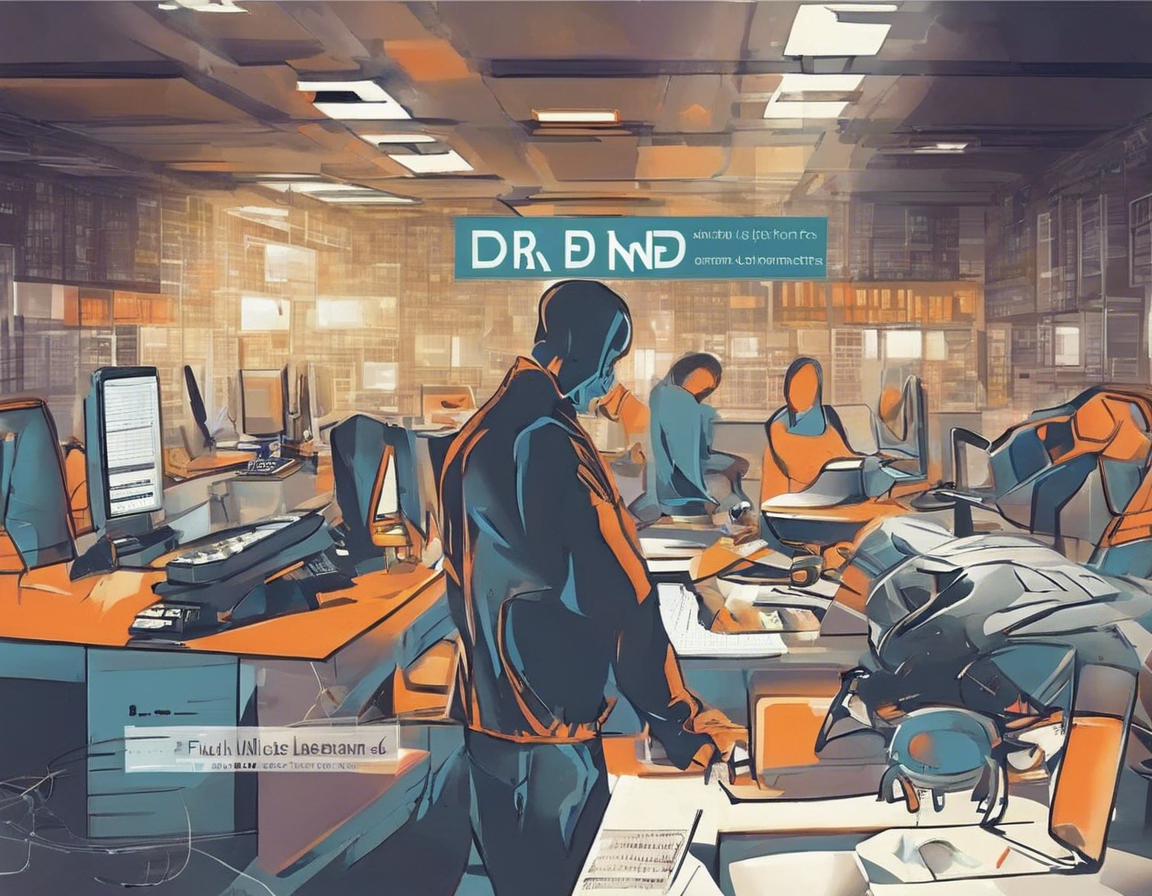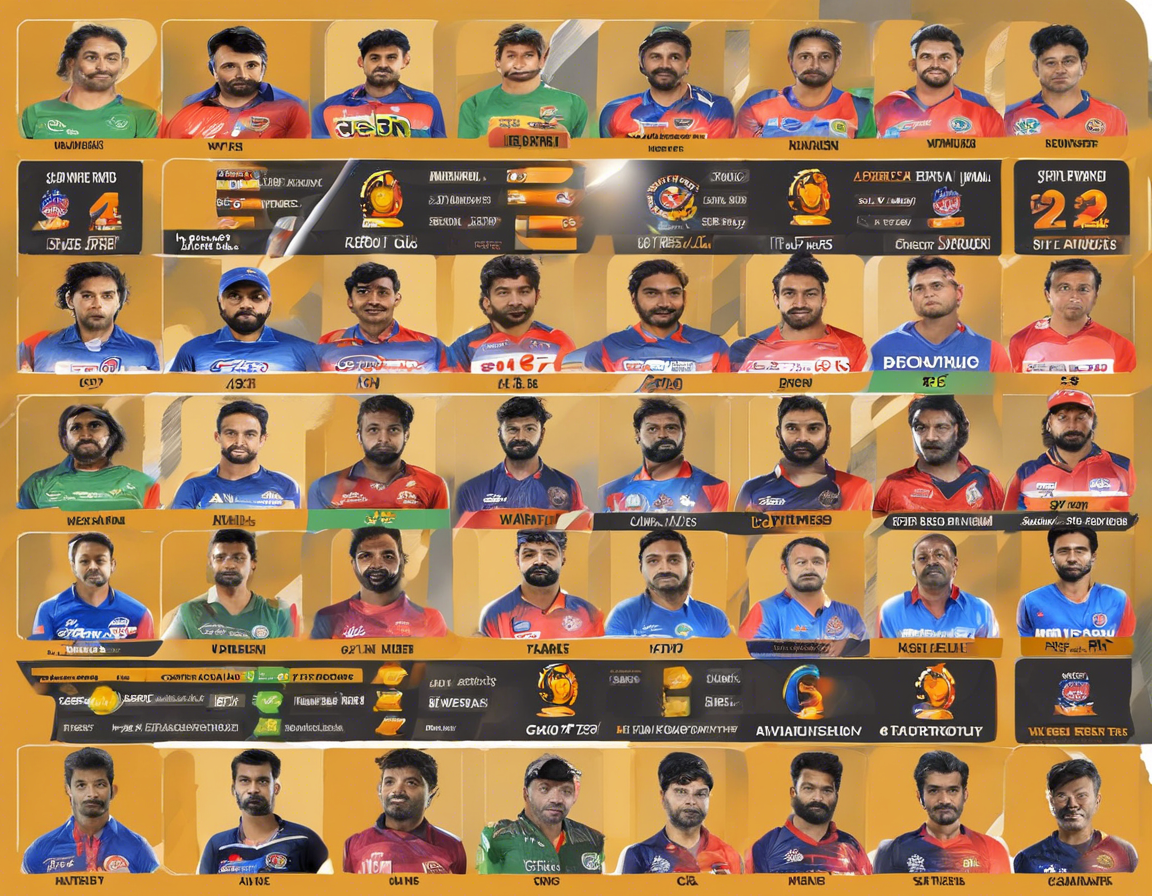In the vast world of medical education, there are numerous terms and acronyms that can often be confusing or overwhelming for students and even seasoned professionals. One such term that often generates curiosity and questions is DNB. DNB stands for Diplomate of National Board. Let’s delve deeper into this term, its significance, and how it fits into the realm of medical education.
What is DNB?
DNB is a postgraduate or post-doctoral medical qualification in India awarded by the National Board of Examinations (NBE). The NBE is an autonomous body under the Ministry of Health and Family Welfare, Government of India, responsible for standardizing postgraduate medical education and examination in the country.
The Significance of DNB:
DNB courses offer a valuable alternative to the traditional MD/MS (Doctor of Medicine/Master of Surgery) programs offered by various universities. The most significant advantage of pursuing a DNB course is its practical orientation and training provided in various accredited hospitals across India. DNB programs cover a wide range of medical specialties, providing a platform for aspiring doctors to gain valuable clinical experience and expertise in their chosen field.
DNB Eligibility and Application Process:
To be eligible for a DNB course, candidates must have completed their MBBS (Bachelor of Medicine, Bachelor of Surgery) and successfully cleared the NEET-PG (National Eligibility cum Entrance Test for Postgraduate courses). The application process for DNB courses typically involves registration with the NBE, submission of the required documents, and appearing for the DNB-CET (Centralized Entrance Test) conducted by the board.
DNB Course Structure:
The DNB course duration varies depending on the specialty chosen and can range from two to three years. During the course, candidates undergo rigorous training in clinical practice, research methodology, and case presentations. They are required to complete a certain number of cases, surgeries, and academic activities as per the guidelines set by the NBE.
DNB Examination and Certification:
At the end of the course, candidates are required to sit for the DNB final examination, which consists of a theory paper, practical exams, and viva voce. Upon successfully passing the examination and meeting all the criteria set by the NBE, candidates are awarded the title of Diplomate of National Board in their chosen specialty.
DNB vs. MD/MS:
One of the primary differences between DNB and MD/MS courses lies in the training methodology. While MD/MS programs are typically offered by universities and focus on theoretical knowledge, DNB courses emphasize hands-on clinical training in recognized hospitals. Additionally, DNB programs follow a competency-based curriculum, providing a more practical approach to learning and skill development.
Career Prospects for DNB Graduates:
DNB graduates are highly sought after in both clinical practice and academic settings. The practical exposure and training received during the course equip them with the skills necessary to excel in their chosen specialty. DNB holders can pursue careers in hospitals, research institutions, teaching universities, and even healthcare administration roles.
Frequently Asked Questions (FAQs) about DNB:
- Is DNB equivalent to MD/MS?
-
DNB is considered equivalent to MD/MS degrees as per the Indian Medical Council Act, 1956. Both qualifications are recognized for teaching posts and specialist practice.
-
Can foreign medical graduates pursue DNB courses?
-
Yes, foreign medical graduates can apply for DNB courses after passing the FMGE (Foreign Medical Graduate Examination) conducted by the NBE.
-
Are there any restrictions on the number of attempts for the DNB final examination?
-
Candidates are allowed a maximum of three attempts to clear the DNB final examination.
-
How is the DNB curriculum structured?
-
The DNB curriculum includes theoretical knowledge, clinical training, case presentations, thesis work, and practical exams in the chosen specialty.
-
What is the significance of NBE accreditation for DNB courses?
-
NBE accreditation ensures that the training hospitals meet the required standards for providing clinical training to DNB candidates.
-
Are there any scholarships or financial assistance available for DNB students?
-
Some government schemes and private organizations offer scholarships or financial aid to deserving DNB students based on merit and need.
-
Can DNB holders practice internationally?
-
DNB qualifications are recognized by the Medical Council of India, allowing holders to practice in India. However, the recognition of DNB may vary in other countries, and additional licensing exams may be required to practice internationally.
-
How can DNB holders upgrade their qualifications?
-
DNB holders can pursue further specialization or super-specialization through fellowship programs, certificate courses, or other advanced training options to enhance their skills and knowledge.
-
Are there any specific specialty areas offered in DNB courses?
-
DNB courses are available in various specialty areas such as General Medicine, Pediatrics, Surgery, Obstetrics and Gynecology, Orthopedics, Radiology, Anesthesiology, and many more.
-
What is the importance of thesis work in DNB courses?
- Thesis work is a vital component of DNB courses as it allows candidates to conduct research, contribute to the existing knowledge in their field, and develop analytical and critical thinking skills.
In conclusion, DNB offers a unique pathway for medical professionals to gain specialized training, hands-on experience, and recognition in their chosen specialties. It provides a compelling alternative to traditional MD/MS programs and equips doctors with the skills necessary to excel in diverse healthcare settings. As the landscape of medical education continues to evolve, DNB remains a valuable option for those seeking to advance their careers and make a significant impact in the field of healthcare.



